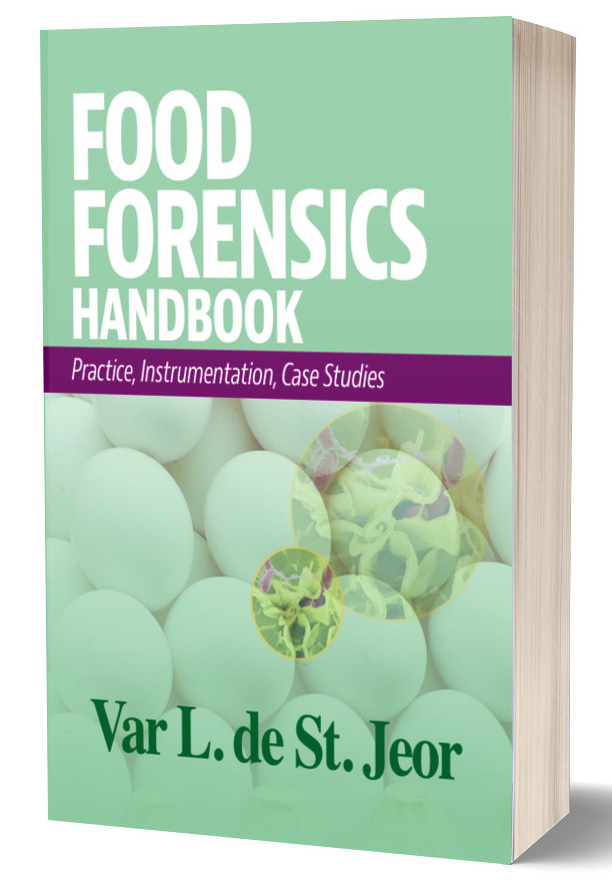Effort to Develop Early Mycotoxin Warning System for European Cereal Grains Underway

Image credit: Paz Arando via Unsplash
Wageningen University Food Safety Research recently launched a four-year project with the goal of developing an early warning system to detect the presence of mycotoxins in European cereal grains. Scientific and nonprofit organizations, government, and industry will collaborate on the effort.
The presence of mycotoxins in crops, caused by a plant fungal infection, can cause illness in the humans and animals who consume them. Research has shown mycotoxins to be a growing threat to European agriculture.
The present project, titled, “Early Warning of Mycotoxins in European Grain Supply Chain Using Machine Learning and Big Data,” will focus on cereals of European origin. The aim is to achieve the ability to predict and control mycotoxin formation in cereal crops early in the production cycle.
Big data, machine learning, and existing prediction models are being used to develop the early warning tool, and new prediction models for mycotoxins are also being developed. The system is intended to help various stakeholders across the supply chain, including traders, food and feed producers, government agencies, and farmers.
The system under development would allow for the prediction of mycotoxins presence during harvest. The system warns of the presence of high levels of mycotoxins and also offers recommendations for mycotoxin control, such as additional mycotoxin tests or isolating contaminated batches.
The Public-Private Partnership is a collaboration between Wageningen Food Safety Research, SGS, Cargill, Alltech, GMP+ International, and the Royal Dutch Grain and Feed Trade Association.
Looking for a reprint of this article?
From high-res PDFs to custom plaques, order your copy today!






